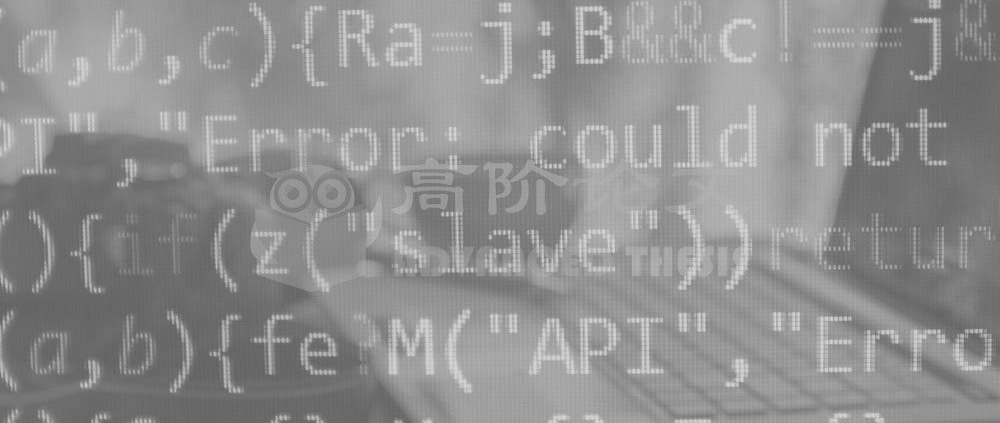论文代写:日本幽默
论文代写:日本幽默
明治政府的寡头们有兴趣彻底重组日本社会,以便与19世纪的欧洲和美洲大陆抗衡。政府为了自身的利益,利用喜剧和表演艺术来塑造一个新的社会和社会结构。美国喜剧演员史蒂夫·马丁(Steve Martin)曾说过,喜剧并不好笑。对日本政府来说,幽默确实是严肃而重要的。喜剧和幽默为一个国家提供了一个独特的门户,以检查它们是如何构想的,并了解邻国如何看待和考虑它们。与法国和中国相比,日本在培养严格的幽默理论家方面并没有取得多大进步,但他们却培养出了喜剧方面的主要人才。现有的日本人严肃、严肃、不风趣的神话应该得到纠正。德川时代的主要学者Okura Toraaki, 1597-1662,与中世纪的幽默联系在一起,即使以今天的标准来看,中世纪的幽默也相当粗俗下流。
论文代写:日本幽默
日本人还没有发展出这种观念,西方幽默理论中也没有喜剧有讲真话的能力,也没有喜剧提倡顽固不化的态度。Toraaki的思想和观点更接近禅宗,他宣称喜剧让真实的事情变得有趣,有趣的事情变得真实。他进一步解释说,没有真相,一切都不会如此滑稽。记住这一点,分析中国后明治时期的日本笑话和中国人对日本的幽默,是理解看不见的和不成文的态度的难得框架。下面展示的日本书籍封面的复制品有力地展示了明治政府是如何迅速而广泛地将自己从一个担心政府嘲笑的人转变为日本人民对中国的一种新的、鼓舞人心的看法。
论文代写:日本幽默
The oligarchs of the Meiji state were interested in realigning the Japanese society completely so that they could contend with the European and American continents of the 19th century. The government made use of comedy and performing arts in order to mould a new society and social structure for their own benefit. It resulted in a unique vision of the result of a comment by Steve Martin, an American comedian who said that at comedy is not funny. Humour was indeed serious and business for the Japanese state.Comedy and humour offered an exclusive portal for a nation to inspect them of how they are conceived and also to understand how the neighbouring countries viewed and considered them. As compared to France or China, while Japan has not been incremental in creating much strict humour theorists, yet they have been able to produce major talent in comedy. The existing myths of the Japanese being stern and serious and also unwitty should be rested with and changed. Okura Toraaki, 1597-1662, a major scholar of the Tokugawa era who was connected with humour of the medieval era, which is quite lewd and coarse even for the current day standards, promoted the belief that beneath the comedy and laughter there was a perception of the truth.
论文代写:日本幽默
The Japanese had not developed this concept and it was not so prevalent in the theories of western humour that comedy has the power to speak the truth or that it advocated a recalcitrant attitude. The ideas and views of Toraaki were more of Zen and he proclaimed that comedy made true things funny and funny things true. He further explained that without the truth underneath nothing will really be so comic.1 Keeping that in mind the analysis of Japanese jokes of the period post-Meiji of China and the Chinese humour on Japan is a rare frame to understand unseen and unwritten attitudes. The reproductions of the Japanese book covers shown below is to show forcefully how rapidly and widely the Meiji authorities transformed themselves from ones who were concerned about government mockery to creating a new and inspiring vision about China amongst the people of Japan.








